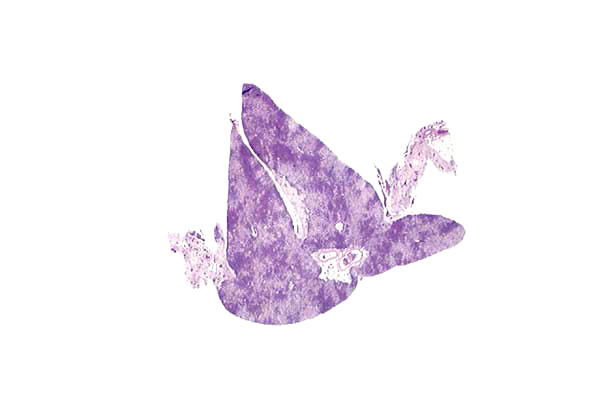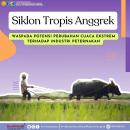What is avian influenza and what causes it?
Avian influenza is a viral disease that can affect bird species throughout the world. The disease can vary from mild to severe, depending on the virus strain involved. The most severe strain, called highly pathogenic avian influenza (HPAI), is caused by viruses with H5 or H7 surface proteins. Most human cases result from close contact with sick birds. Outbreaks have occurred in many countries, including the U.S., parts of Asia, Europe and Africa.
What animals get avian influenza?
Avian infuenza primarily affects wild and domestic bird species. Waterfowl can carry the disease without becoming sick. Poultry are very susceptible to the disease and can die in large numbers. Some strains of the virus can affect mammals, such as pigs, cats, horses, dogs and ferrets.
How can my animal get avian influenza?
In birds, avian influenza is spread by direct contact with the fecal droppings or respiratory secretions of infected birds. The virus can live for a long time in the environment and can also be spread by objects or fomites (e.g., shoes, clothing, equipment) that have been contaminated with the virus. Mammals may be exposed by ingestion of infected birds.
How does avian influenza affect my animal?
Poultry affected by avian influenza will appear depressed, have ruffled feathers and are unwilling to eat. Birds may have watery diarrhea that starts off bright green and changes to white. The combs and wattles are often swollen and can turn blue. Swelling may occur around the eyes and neck. Legs may have pin-point hemorrhages. Egg production drops and typically stops. Rare cases can affect the brain causing twisted heads, circling, or paralysis. Sudden death may occur. Infected mammals will have fever, cough and breathing difficulty; some may die.
Can I get avian influenza?
Yes. Humans can be infected with the avian influenza virus, but most cases have involved very close direct contact with sick poultry. Some cases of person-to-person transmission have been reported, but are very rare. Clinical signs in people can include swelling and reddening of the tissues around the eyes (conjunctivitis), flu-like illness (fever, body aches). Death can occur in rare cases.
Who should I contact, if I suspect avian influenza?
In Animals – Contact your veterinarian immediately. In Humans – Contact your physician. Inform him or her that you have had contact with birds with avian influenza.
How can I protect my animals from avian influenza?
Prevent contact between poultry and wild birds, especially waterfowl. Use strict biosecurity measures, such as cleaning and disinfection of birdhousing facilities as well as rodent and insect control measures, to prevent spread of the virus. Vaccines may be used to help control an outbreak.
How can I protect myself from avian influenza?
Avian influenza infection in people is rare. Wear protective clothing such as masks, gloves, and safety glasses., when working with birds or poultry. Avoid touching your eyes or mouth until hands have been washed thoroughly with soap and water. Antiviral medication or vaccines may be used during an outbreak situation. People working with the virus in laboratories or on vaccination crews should take extra precautions.










